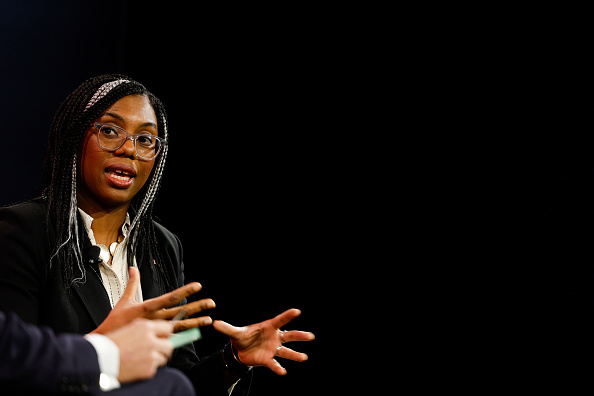A muddled India trade deal will show how this government is negotiating our future without public scrutiny

Earlier this month, trade secretary Kemi Badenoch flew to India for the latest round of talks on a new trade deal. A few days previously, a leaked chapter of the deal made it into the press, showing the British government pushing India to apply harder patent standards.
Various groups, including the British Medical Association, expressed concern that this would damage India’s world-renowned generics medicine industry. This industry not only supplies affordable drugs to much of the developing world, but also to us here in Britain. Faced with an awful choice – break its budget or refuse drugs to patients who need them – the NHS has started buying a greater portion of generic medicines from India, as soon as they are able to. It has saved the health service a fortune in the process.
The trade proposals uncovered threaten the very industry we depend upon to save the NHS this crucial money.
When asked, Badenoch’s department showed no sign of having assessed – or even understood – the implications of the move. Sadly, this is symbolic of the government’s wider approach to trade. It pushes forward a series of poorly designed policies, which have received zero scrutiny, with the aim of signing a deal and getting a photo opp for ministers.
Levelling up secretary Michael Gove was taken to task by the UK Statistics Authority recently for blatantly misleading the public over the value of new trade deals signed by the government. What matters for the government seems to be the headline, rather than the deal itself.
The rest of us, in the meantime, will have to live with the consequences of these trade deals for many years to come. This matters because trade deals aren’t simply about reducing tariffs. They incorporate broad areas of public policy: how we provide our public services, how we protect our food standards, and how we regulate the use of our data online. They have far-reaching consequences, which makes it particularly wrong that they’re negotiated in secret, signed and sealed with virtually no oversight by Parliament.
Just last month, former government minister George Eustice admitted the UK-Australia trade agreement was “not actually a very good deal for the UK.” Farmers had been telling the government as much for months, yet ministers pushed on.
This will be the tip of a very big iceberg. The more trade deals the government signs, the more such examples will proliferate.
Sadly, neither is this an area where the opposition can claim much greater authority. Labour Party leaders seem unsure whether to question the way that the government’s negotiating objectives will damage the country, or simply condemn them for not doing the deal even faster.
All of this is particularly serious in a time when major questions are being asked about global trade policy. There’s a growing acceptance that ever-longer supply chains are just about ready to snap and cannot protect us from crisis after crisis.
Large segments of the population in many Western countries are deeply disaffected and angered by the damage which the offshoring of jobs and industry has caused to their communities. Meanwhile, we have trade rules which encourage the concentration of whole economic sectors by a handful of enormous businesses.
In the US, in Europe and in emerging economies, this is posing serious questions about what future trade policy should look like. These issues need to be debated, honestly and openly, with the public.
Unfortunately, for us in the UK, it seems our government has no intention of doing that, to the detriment of us all.
